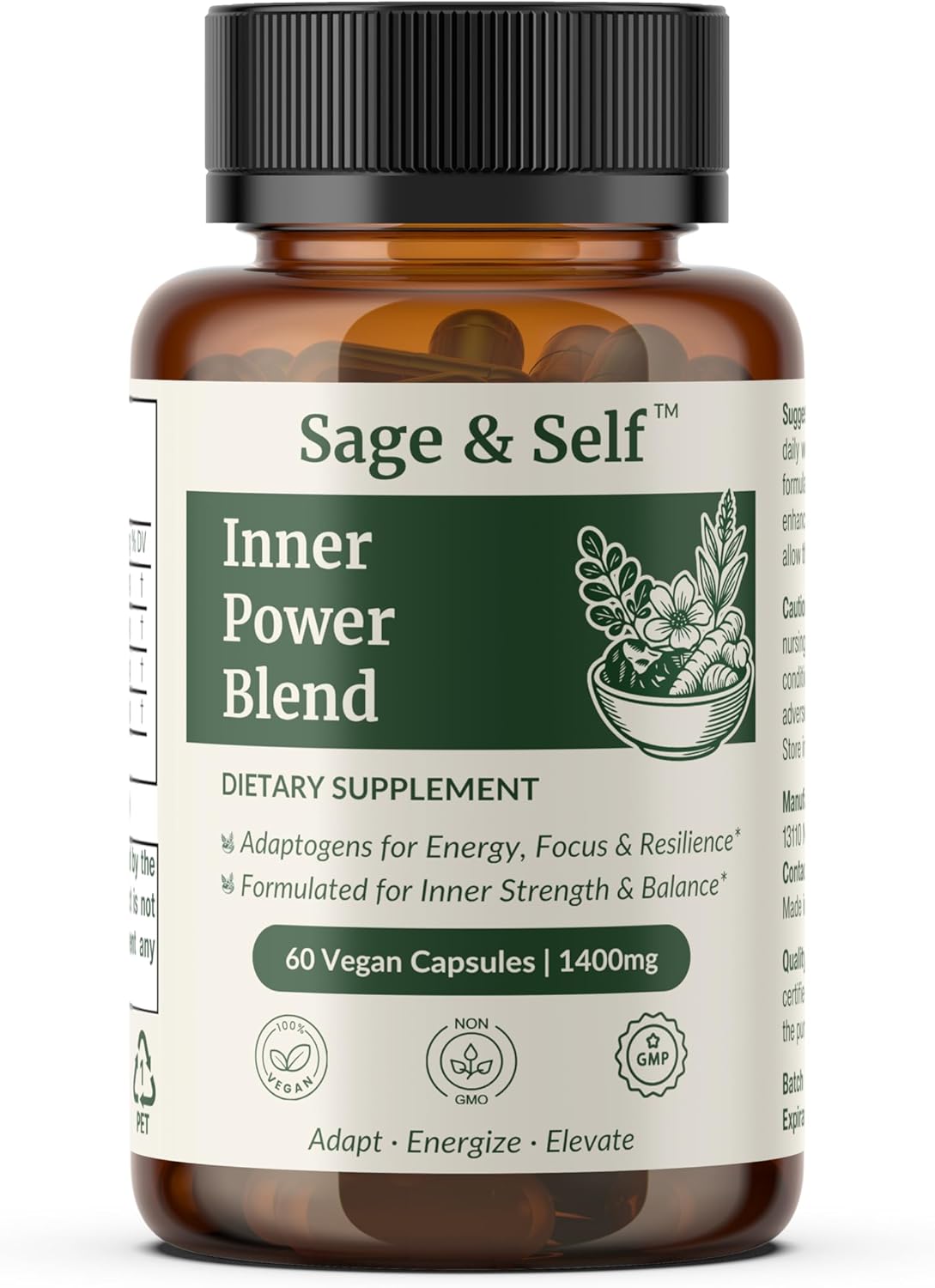In our fast-paced, hectic lives, maintaining mental clarity can often feel like an uphill battle. Distractions abound, and stress levels seem to climb daily. Fortunately, there are practical tools available to help us navigate this tricky terrain. Among the most effective are meditation and mindfulness practices, which have garnered interest worldwide for their profound benefits on mental clarity.
The Essence of Mental Clarity
Mental clarity refers to the ability to think clearly, make informed decisions, and maintain a calm, focused mind. It enables you to process information effectively and respond to challenges with resilience. Achieving mental clarity often involves reducing mental clutter, focusing on the present, and cultivating a sense of calm within.
Why Choose Meditation and Mindfulness?
Meditation and mindfulness are two powerful practices that can significantly boost your mental clarity. Let’s explore what they are and how they can help:
Meditation
Meditation is a practice where an individual uses a technique to focus their mind and achieve a heightened state of awareness. It can involve breathing exercises, visualization, or guided imagery. Regular practice has been shown to:
- Reduce stress and anxiety
- Enhance concentration and attention span
- Improve problem-solving skills
- Facilitate emotional health
Mindfulness
Mindfulness, on the other hand, is the practice of being present in the moment without judgment. It encourages you to engage fully with whatever you are doing. Benefits of mindfulness include:
- Greater awareness of thoughts and feelings
- Improved emotional regulation
- Enhanced cognitive flexibility
- Increased resilience in facing challenges
How Meditation and Mindfulness Improve Mental Clarity
Combining meditation and mindfulness can lead to tremendous improvements in mental clarity. Here’s how:
1. Reducing Mental Clutter
In a world filled with information overload, meditation helps quiet the mind, allowing you to focus on one thought or feeling at a time. This reduction of mental clutter paves the way for more profound insights and clearer decision-making.
2. Enhancing Focus and Concentration
Through regular meditation, you learn to direct your attention where it’s needed and maintain that focus. This skill, honed through practice, translates into your daily life, enhancing your ability to concentrate on tasks without succumbing to distractions.
3. Cultivating Emotional Detachment
Mindfulness teaches you to observe your thoughts and feelings without becoming attached to them. By practicing emotional detachment, you can analyze problems objectively, leading to clearer judgments and conclusions.
4. Stress Reduction
The reduction of stress through meditation is well-documented. Lower stress levels contribute to enhanced mental clarity, as stress often clouds judgment and hampers cognitive function.
Techniques to Incorporate Meditation and Mindfulness
Getting started with meditation and mindfulness doesn’t require extensive time commitments or elaborate setups. Here are some techniques to easily incorporate them into your daily routine:
1. Mindful Breathing
Take a few moments during the day to focus solely on your breath. Inhale deeply through your nose, hold it for a few seconds, then exhale slowly through your mouth. This practice can ground you and provide immediate clarity.
2. Body Scan Meditation
Find a quiet place, close your eyes, and mentally scan your body from head to toe. Acknowledge any tension or discomfort, and consciously release it. This technique fosters greater awareness of your physical and mental state.
3. Guided Meditations
Utilize apps or online resources that offer guided meditations. These can provide structure and guidance, making it easier for beginners to dive into meditation and experience its benefits.
4. Daily Mindfulness Activities
Incorporate mindfulness into your daily activities, such as eating, walking, or even washing dishes. Focus all your senses on the experience, which can transform mundane tasks into opportunities for clarity.
Combining Meditation and Mindfulness for Optimal Benefits
While both meditation and mindfulness confer unique benefits, their combination can yield even greater results. Start with a meditation routine during your morning or evening and incorporate mindfulness throughout your day. This holistic approach can sustain mental clarity in the long run.
Conclusion
In today’s world, where stimulation and stress often converge, meditation and mindfulness serve as essential practices for enhancing mental clarity. By reducing stress, improving focus, and fostering emotional resilience, these practices open doors to more profound insights and clearer decision-making. Whether you are a beginner or looking to deepen your practice, embracing meditation and mindfulness can lead to a more centered and clear-minded life. So why not dedicate just a few minutes each day to embark on this transformative journey?
FAQs
1. How long should I meditate each day to see results?
Even a few minutes of meditation daily can lead to improvements in mental clarity. Start with 5-10 minutes per day and gradually increase over time as you become more comfortable with the practice.
2. Can mindfulness practices be integrated into a busy schedule?
Absolutely! Mindfulness can be practiced anytime, anywhere. Simple moments of focusing on your breath or being present during daily activities are effective ways to incorporate it into your busy life.
3. Is it necessary to sit cross-legged to meditate?
No, you can meditate in any position that is comfortable for you. The key is to maintain a position that allows you to remain alert and focused, whether sitting in a chair or lying down.
4. How quickly can I expect to see results from meditation and mindfulness?
While some people may feel a sense of calm after a single session, significant changes may take weeks or months of regular practice. Consistency is crucial for enjoying the long-term benefits.
5. Are there specific apps or resources for beginners?
Yes, numerous apps like Headspace, Calm, and Insight Timer offer guided meditations tailored for beginners. Additionally, many online platforms provide free resources and techniques for starting your practice.





